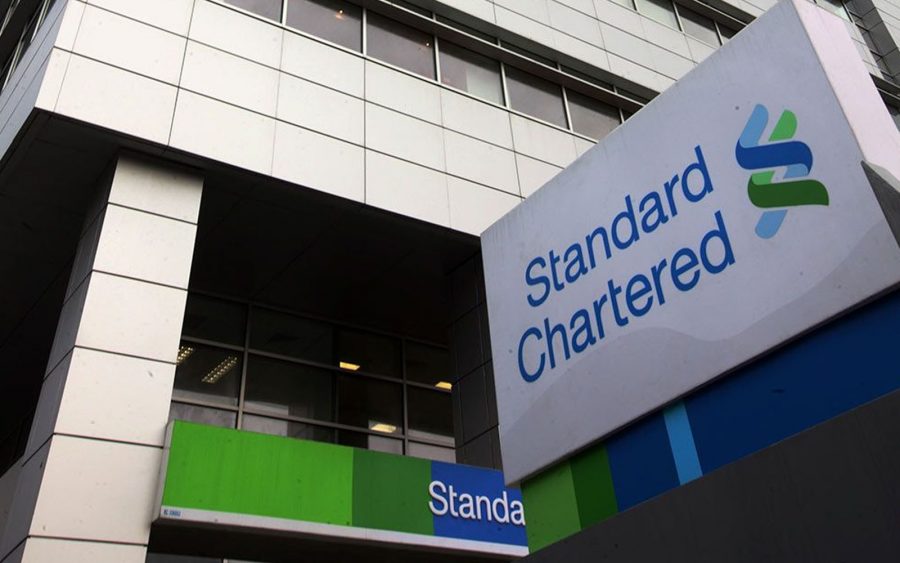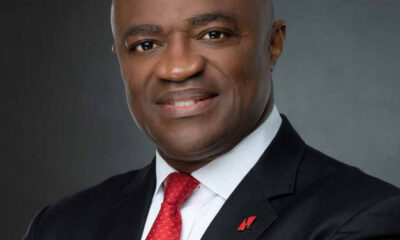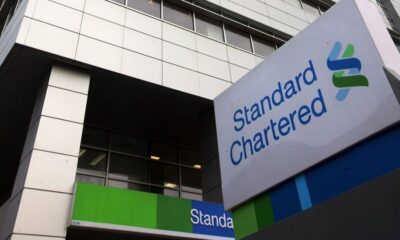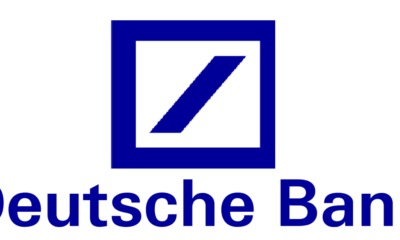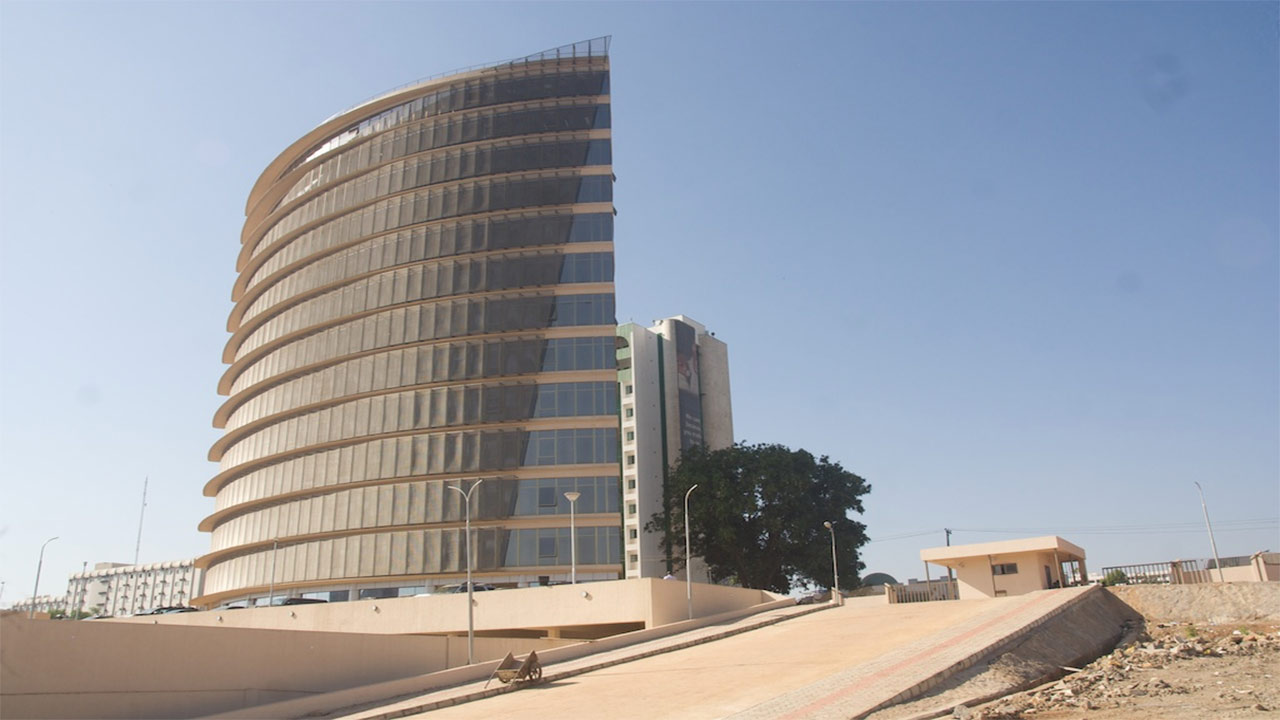As the process of obtaining the Nigeria COVID-19 Action Recovery and Economic Stimulus (NG-CARES) grants is ongoing, the Bank of Industry, BOI has cleared the air on its responsibilities.
BOI stated that each state government is fully responsible for funding and selecting beneficiaries for the NG-CARES scheme, not the bank.
This is contained in a statement issued by the BOI on Sunday, clarifying the processes of implementation and disbursement of the grants.
Investors King understands that the NG-CARES scheme is an initiative of the World Bank in partnership with the federal government of Nigeria to aid recovery of communities, households, and businesses affected by COVID-19 Pandemic.
According to the BOI statement, each state is in charge of funding arrangements and determines its preferred grant sizes and number of beneficiaries across different programme components as approved by the World Bank.
The statement indicates that the World bank chose the Bank of Industry to provide and monitor the infrastructure for the actualisation of the scheme in Nigeria.
The BOI stated that it will disburse the funds as directed by the states, noting that “its role as an execution partner is to work on the end-to-end application and verification processes and present successful candidates to enable states’ decision-making for disbursements.”
“The World Bank nominated the bank to provide this infrastructure for the delivery of the MSME component of NG-CARES (RA3) nationwide. Following this nomination, 28 out of 33 states chose BOI as their preferred execution partner to leverage the bank’s MSME infrastructure to deliver NG-CARES.”
Investors King reports that enquiries on the eligibility requirements, implementation status, and other information on the programme can be accessed through the NG-CARES federal CARES support unit, state delivery agencies, or its official website– www.ngcares.gov.ng.
The BOI noted that only candidates that meet the requirements of the initiative will receive the grants.
The bank added that each state does the selection for disbursement as they manage the funds available for the programme and make sure there is fair distribution of the grants across business categories, local government areas, gender and other demographics which will be accounted for.

 Forex2 weeks ago
Forex2 weeks ago


 Naira1 week ago
Naira1 week ago
 Naira4 weeks ago
Naira4 weeks ago
 Company News4 weeks ago
Company News4 weeks ago




 Naira2 weeks ago
Naira2 weeks ago
 Billionaire Watch1 week ago
Billionaire Watch1 week ago




 Naira3 weeks ago
Naira3 weeks ago




 Naira1 week ago
Naira1 week ago
